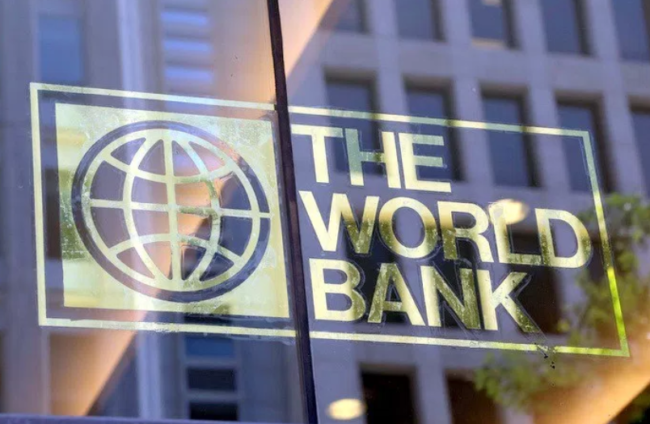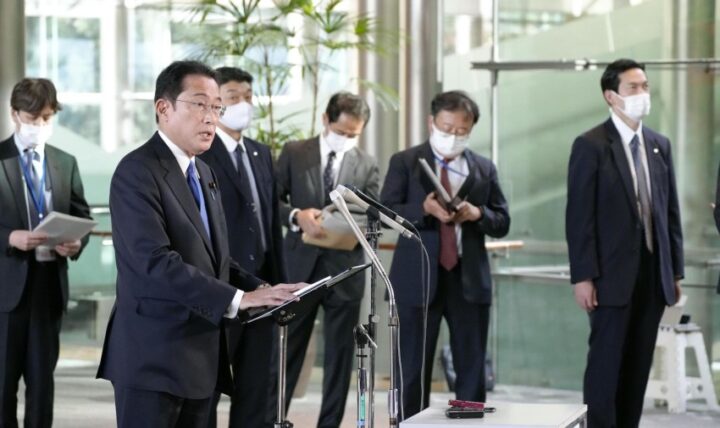The World Bank says Nigeria’s fiscal position is fragile and vulnerable to global headwinds.
The bank disclosed this in the November edition of its Nigeria Development Update (NDU) titled “Time for Business Unusual”.
According to World Bank, without immediate macroeconomic reforms, Nigeria will remain exposed to oil shocks, adding that fuel subsidy payments may also deplete the government’s scarce resources.
“While global oil prices remain high, the expected relaxation of OPEC+ quotas and the planned release of oil reserves by China and the United States should ease upward price pressure and may even cause prices to decline,” the report reads.
Advertisement
“In the absence of deep reforms to non-oil revenue policy and administration, non-oil taxes will likely fall short of their targets and be unable to compensate for oil shocks.”
The Bretton Woods institution also said that off-budget spending and rising debt-service costs would continue to drive expenditure pressures.
According to the report, the federal government has historically underbudgeted for debt service by failing to account for the cost of ways and means financing.
Advertisement
“Without appropriate measures to reduce Ways and Means financing and restructure the existing debt stock, the heavy cost of debt service will further constrain the government’s fiscal space,” the report noted.
While highlighting the role of the Central Bank of Nigeria (CBN) in exchange rate stability, the World Bank said there had been intense pressure on the naira, with the apex bank constantly raising the nominal official exchange rate.
It added that the CBN’s foreign exchange management system was too rigid, with the system driving inflation in the country.
“The government’s exchange rate management policies continue to discourage investment and fuel inflation,” it added.
Advertisement
“Exchange rate stability is a key CBN policy objective, and to preserve its external reserves the CBN continues to manage FX demand and limit the supply of FX to the market.
“Pressure on the naira remains intense, and while the CBN has raised the nominal official exchange rate three times since the start of the pandemic (by 15 percent in March 2020, five percent in August 2020, and seven percent in May 2021), FX management remains too rigid to respond to external shocks.
“Meanwhile, exchange-rate management has emerged as one of the key drivers of inflation.”
The report also said that CBN was yet to introduce enough flexibility into FX management to sustainably respond to external shocks, adding that the NAFEX rate was not a true reflection of the market.
Advertisement
“While the CBN supplied an average of $2.5bn to the Investors and Exporters forex window in the months just prior to the COVID-19 crisis, it only supplied an average of $0.5bn in the months thereafter,” it said.
“The NAFEX rate, which is now the guiding exchange rate for the economy, continues to be managed and is not fully reflective of market conditions.
Advertisement
“The parallel market premium over the NAFEX rate reached 29 percent in August 2021 after the CBN cut off its weekly supply of $20,000 per bureau de change. The CBN has intermittently supplied forex to BDCs since 2005, providing ample opportunities for currency round-tripping.”
According to the World Bank, Nigeria faces a critical choice: it can continue to pursue a business-as-usual policy approach while its economy and job market deteriorates, or it can undertake bold reforms that put Nigeria on a robust and sustainable long-run growth trajectory.
Advertisement
Add a comment







